|
|
|
Editor's note
|
|
This week we covered two studies testing the claims of omega-3 supplements to improve health outcomes.
A Cochrane Review found giving women omega-3 supplements in pregnancy could reduce the risk of premature birth. This could make a big difference to the health of the one in 12 babies born in Australia before 37 weeks.
Meanwhile, a study published in the New England Journal of Medicine found one type of concentrated fish oil supplement reduces the risk of heart attacks – but the results can't be extrapolated to all groups of people.
|
Fron Jackson-Webb
Deputy Editor/Senior Health + Medicine Editor
|

|
|
|
|
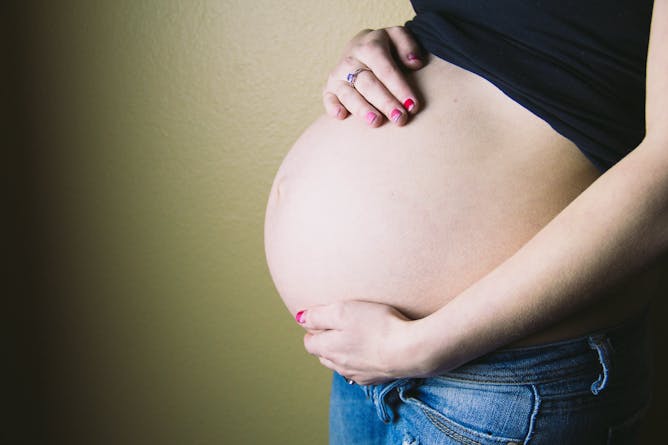
The earlier a baby is born, the greater the risk of poor health.
Cassidy Rowell
Philippa Middleton, South Australian Health & Medical Research Institute; Jamie De Seymour, South Australian Health & Medical Research Institute; Lucy Simmonds, South Australian Health & Medical Research Institute; Maria Makrides, South Australian Health & Medical Research Institute
A new review of 70 studies involving nearly 20,000 women found taking omega-3 supplements in pregnancy reduces the risk of premature labour.
|
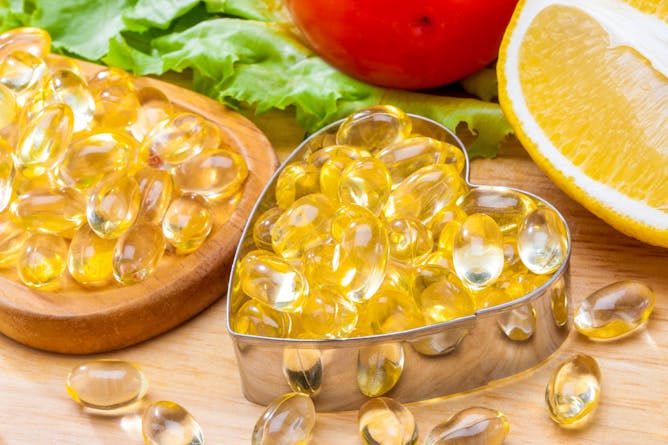
Omega-3s reduce the risk of blood clots and are anti-inflammatory.
from shutterstock.com
Garry Jennings, University of Sydney
A new study has found one type of concentrated fish oil supplement reduces the risk of heart attacks and stroke among people with heart disease. But these findings apply to a certain group of people.
|
From the archives: omega-3
|

Natalie Parletta, University of South Australia; Barbara Meyer, University of Wollongong; Catherine Itsiopoulos, La Trobe University; Karen Murphy, University of South Australia
A prominent new paper reflects growing global sentiment amongst scientists and dieticians to review advice relating to the types of dietary fats we should consume for optimal health.
| |

Jacqueline Gould, South Australian Health & Medical Research Institute; Maria Makrides, South Australian Health & Medical Research Institute
Fish oil capsules are marketed as prenatal supplements to improve brain development in children. But now top quality evidence suggests they won't make any difference in women eating a balanced diet.
|
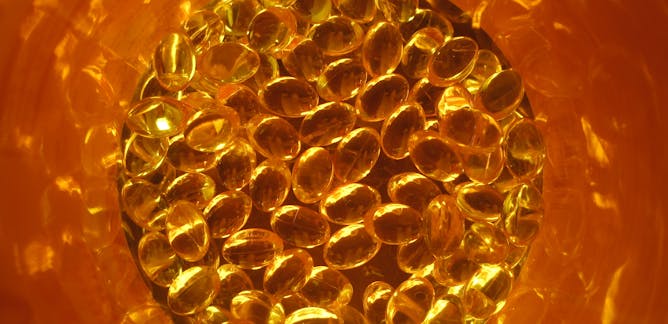
Jerome Sarris, University of Melbourne
Taking some nutrient supplements together with antidepressants can enhance the medication's effects, our new research has found.
| |
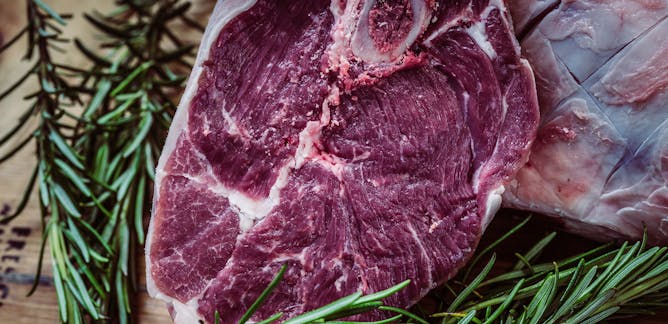
Leah Dowling, Swinburne University of Technology; Louise Dunn, Swinburne University of Technology
Farming methods may have a small impact on the nutritional profile of some red meats, but it's unlikely to make a difference to our health.
|
|
|
Expert answers to serious, weird and wacky questions
|

Why does it cost so much to put a tea in a pot of hot water, anyway?
from www.shutterstock.com
Daniel Liang-Dar Hwang, The University of Queensland
How did you start today – tea or coffee? Or neither? A study of more than 400,000 men and women links specific genes for tasting bitter flavours like caffeine with hot beverage consumption.
|

We still don’t know what types of bacteria are truly beneficial.
Andry Jeymsss/Shutterstock
Lito Papanicolas, South Australian Health & Medical Research Institute; Geraint Rogers, South Australian Health & Medical Research Institute
Probiotics might avert a case of diarrhoea, or they could mean your gut takes longer to return to normal.
|
|
|
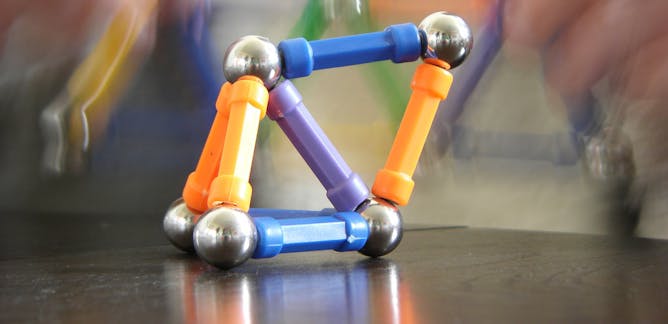
Dr Stephen G. Bosi, University of New England
The energy needed to pull magnets apart comes from you, and you get it from the food you eat. And the plants or animals you eat get their energy from other plants and animals, or from the Sun. All energy comes from somewhere.
| |
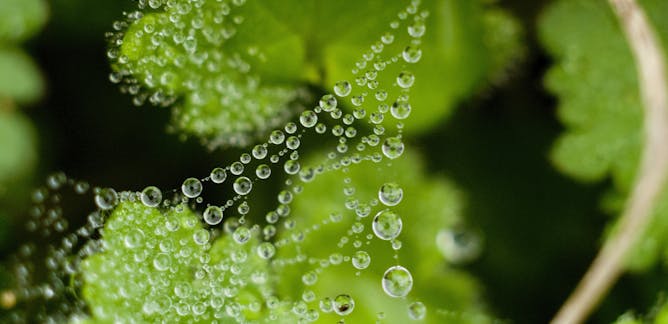
Dylan Korczynskyj, University of Notre Dame Australia
When water turns from a gas into a liquid, it forms droplets. Whether those droplets are dew or rain depends on where the droplet forms.
|
|
|
|
|
| |
Featured jobs
|

|
La Trobe University — Melbourne, Victoria
|

|
Griffith University — Mount Gravatt, Queensland
|

|
Auckland University of Technology — Auckland, Auckland
|

|
RMIT University — Melbourne, Victoria
|
|
|
|
| |
| |
| |

|
| |
| |
| |
Featured events
|

|
Melbourne Convention and Exhibition Centre (MCEC) 1 Convention Centre Place , South Wharf, Victoria, 3000, Australia — The Conversation
|

|
55 North Terrace, Adelaide, South Australia, 5000, Australia — University of South Australia
|

|
The University of Sydney, Sydney, New South Wales, 2006, Australia — University of Sydney
|

|
The University of Sydney, Sydney, New South Wales, 2006, Australia — University of Sydney
|
|
|
|
| |
| |
| |
| |
| |
|
|
|
|
|
|
|